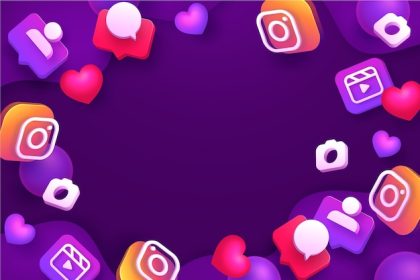The Creator Economy is a rapidly growing sector that is transforming the way people earn a living, turning creativity into sustainable income. It represents a shift from traditional work structures towards independent content creation and entrepreneurship. This economy allows artists, writers, musicians, influencers, bloggers, and other creators to monetize their talent and passion directly with their audience.
In today’s digital age where social media platforms like YouTube, Instagram, TikTok are booming with user-generated content; these platforms have become the primary stage for creative individuals to showcase their talent. The creator economy thrives on these platforms as they serve as an intermediary between creators and consumers. These platforms provide tools to help creators produce content more efficiently while also offering features that enable them to monetize it.
Creators can now generate revenue through various streams such as brand partnerships or collaborations, selling merchandise or products related to their brand persona or niche. They can also earn through subscriptions services like Patreon where fans pay a monthly fee for exclusive access to additional content or perks.
Moreover, technology has played an integral role in propelling the Creator economy forward by facilitating seamless transactions between creators and consumers. Blockchain technology has enabled the rise of NFTs (Non-Fungible Tokens), which allow artists and creators to sell unique digital pieces directly without needing intermediaries like galleries or auction houses.
However, this new economic model isn’t without its challenges. Many creators often face issues such as inconsistent income due to fluctuating market trends and audience preferences. Additionally, there’s also concern about oversaturation as more people enter this space leading competition for attention becoming fiercer than ever before.
Furthermore society at large benefits too when creativity becomes source sustainable income It encourages innovation diversity thought as well as fosters a sense of community among creators and their audiences. The creator economy is not just about making money, but also about building relationships and fostering creativity on a global scale.
In conclusion, the creator economy is revolutionizing the way we value creativity by transforming it into sustainable income. It’s an exciting time to be a creator as technology continues to open new avenues for monetization and audience engagement. Despite its challenges, this new economic model offers immense opportunities for those willing to navigate its complexities and uncertainties. As we move forward, it will be interesting to see how this burgeoning sector evolves and shapes our understanding of work, creativity, and entrepreneurship in the digital age.





